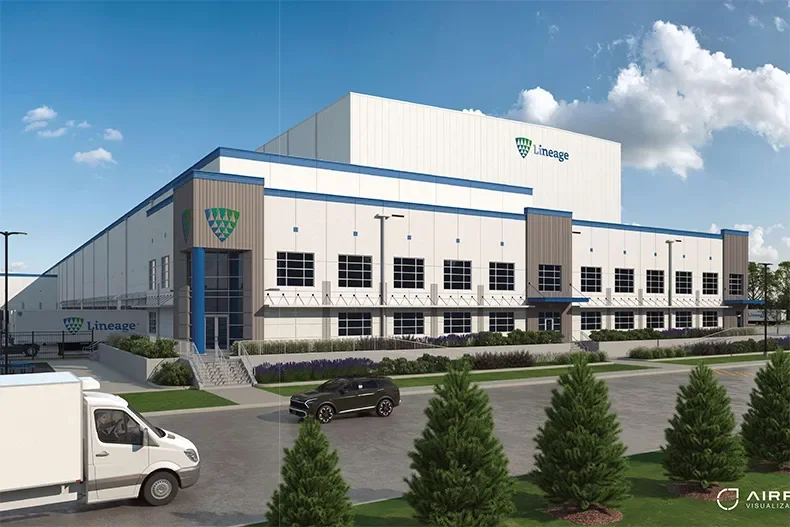As members of Berkadia’s Mid-Markets Group, we have seen first-hand the effects of COVID-19 across apartment markets in the Midwest. We have been fortunate to experience far fewer confirmed cases and deaths than the larger coastal metro-areas; however, the effects of the pandemic on the Midwest’s economy have still been significant.
“Stay-at-home” orders have saved lives, but they have also stunted local economic growth—particularly as these policies have shuttered small and mid-sized businesses throughout the region. The commercial real estate market is facing new challenges, but opportunities exist for those who have confidence in the long-term strength of the post-coronavirus apartment market.
Multifamily Industry Impacted, Opportunities Remain
At the beginning of this year, we were very confident we could match, if not exceed, our transaction activity from 2019. But now any attempt to accurately predict what the remainder of 2020 might hold for either our team or our industry is difficult.
Overall, property types are performing roughly as we might anticipate. Industrial and multifamily have fared well so far, while leisure, hospitality, and retail are struggling. What we have seen so far with April collections has exceeded our expectations, but the multifamily industry’s ability to continue to collect rents into May and beyond will be imperative to the industry’s long-term success.
While we are maintaining optimism and thinking the bulk of the damage will be to this quarter’s numbers, we wouldn’t bet against those who believe this could carry well into Q3 or even beyond. We do see long-term positive indicators for multifamily and are hopeful for this downturn to be brief with momentum reestablishing next quarter.
While the current market may seem to be a no-go, transactions are still occurring. From an advisory standpoint, we are providing clients with real time information, asking questions, giving feedback, and offering words of encouragement to help them make the best decisions for their business and their partners.
Working In the New Normal
The shift to working from home has certainly been an adjustment, but a smooth process overall. We are not complaining about the occasional poolside conference call. But in all seriousness, it can be challenging to create new routines and work toward new daily goals. One definite upside? Communication with teams is even stronger than when we were all in the office.
Our Mid Markets Team—made up of investment sales, mortgage banking and servicing specialists throughout the Midwest—has become even more collaborative during this time. We are doing more to stay connected, keep a pulse on the market, and share valuable data real-time so that we can most effectively counsel our clients.
The time we used to spend commuting is now time we are spending virtually connecting with coworkers, clients, friends, and family. We are learning more about the people in our lives every day and it is comforting to know that we are all going through this together.
Where We Go Now
All-in-all we need to listen—sometimes without providing answers—and make peace with the fact that there are many factors we cannot control. We can take solace in knowing that this too shall pass.
We should also explore how to give back to the communities around us. Those of us who are fortunate enough to still have our jobs and our health simply cannot take it for granted. We can all find meaningful ways to help and we should act on them immediately. Soon enough, we’ll be back in the “norm,” but for now, it’s important to embrace the “new.”





